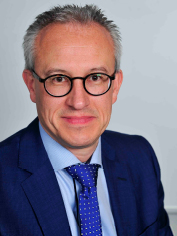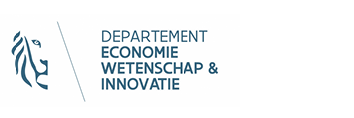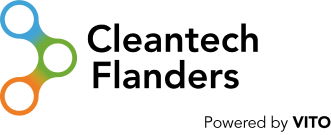The European Union loosened the purse-strings in 2020 to mitigate the economic and social consequences of the coronavirus crisis in the Member States. This recovery fund, known as NextGenerationEU, forms the basis for the Flemish Resilience recovery plan, along with our own resources.
The Flemish recovery plan accounts for a total investment of 4.3 billion euros. Around half of this comes from the European recovery fund, with the other half coming from the Flemish budget. The plan is structured around seven pillars, 35 clusters and no less than 180 projects.
One of those pillars involves making the economy and society more sustainable and accounts for an investment of 1.6 billion euros. The Flemish government has therefore chosen to make a substantial investment in the transition to greater sustainability. In practice, this involves investments in the following areas.
With the Blue Deal, the government aims to tackle the issues around drought and water scarcity in a vigorous manner. Half a billion euros will be spent on infiltration projects that aim to make Flanders a sponge once more – giving water space so it can see optimum use.
A large-scale programme has been launched to accelerate the sustainable renovation of homes and other buildings.
Heat grids will be rolled out at a large scale to distribute green heat.
Sustainable modes of mobility will be encouraged, including through greening the De Lijn fleet, through the accelerated roll-out of charging infrastructure for electric vehicles and through the installation of LED lighting along regional roads.
The government is prioritising renewable energy with zest and is also investing in the capture and reuse of CO2.
There will be a further focus on the development of a hydrogen economy, in which Flanders could become a hydrogen hub.
The transition to a maximally circular economy is to be accelerated. Flanders must become even more of a recycling hub, which is why innovation in the construction sector is to be supported too, aiming towards circular construction.
There will be plenty of investment in R&D through support for companies in Flanders and for research infrastructure at the Flemish knowledge institutions.
Through Flemish Resilience, our region is contributing to the achievement of the Sustainable Development Goals (SDGs), the challenge of the 21st century.

Johan Hanssens, Secretary-General dpt EWI



